get certified
EPA Project Volunteers
Many medical professionals have been involved in ABS discussions around EPAs, and even more have volunteered their time, their expertise, and even their training programs in an effort to bring this training model to fruition for all U.S.-based surgical training programs.


Intro
ABS EPA Project Volunteers
The ABS began exploring EPAs as a potential foundation for competency-based surgical training and initial board certification in 2016, following several years of discussion around various strategies to improve traditional time-based residency training models. The ABS then developed five index EPAs and piloted them at 28 diverse surgical residency programs from 2018-2020. Lessons learned from this pilot have been collated and formed into best practice strategies that are being deployed in developing and supporting programs of all types and resource streams during implementation of the EPA assessment model.
Many medical professionals have been involved in ABS discussions around EPAs, and even more have volunteered their time, their expertise, and even their surgical training programs in an effort to bring this training model to fruition for U.S.-based surgical residency programs. The ABS would like to thank all of those who have been involved in this initiative and those will be involved as we continue to develop and implement EPAs.
Participants
Pilot Program Participants
The ABS developed and piloted five index EPAs at 28 diverse surgical residency programs from 2018-2020. With the onset of the COVID-19 pandemic in early 2020, it became more apparent than ever that a move to competency-based assessment is necessary to appropriately determine trainee readiness to enter the ABS certification process and independent patient care.
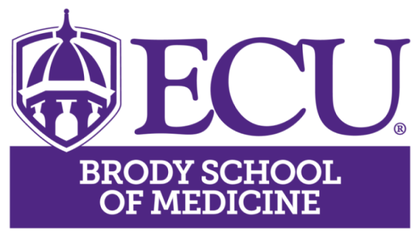

















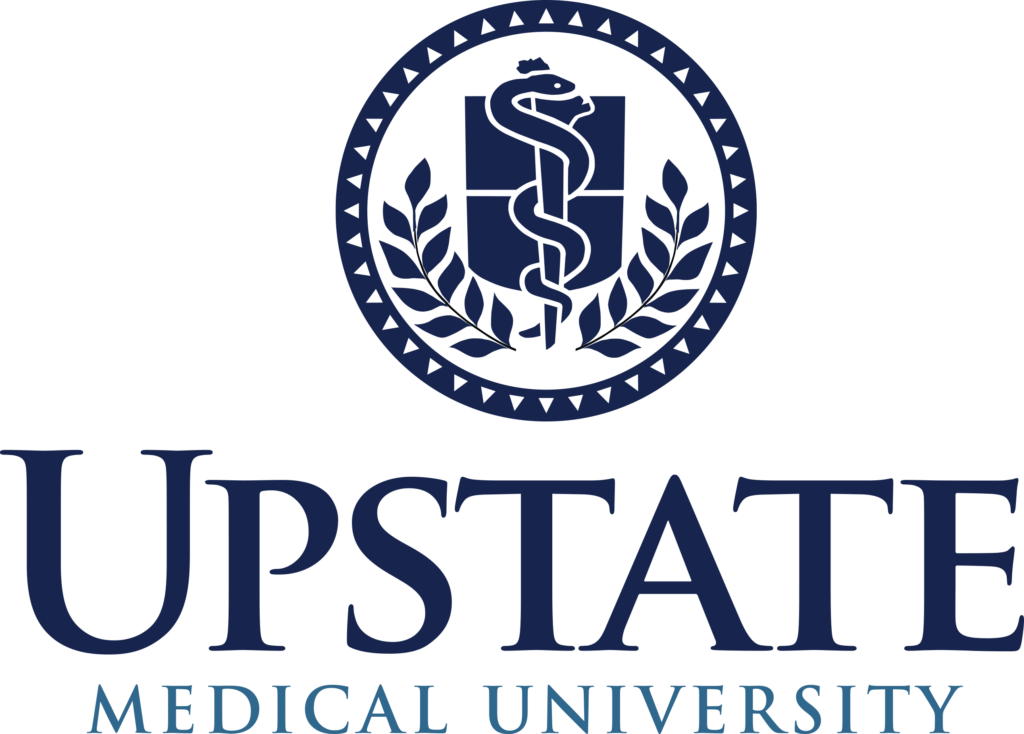

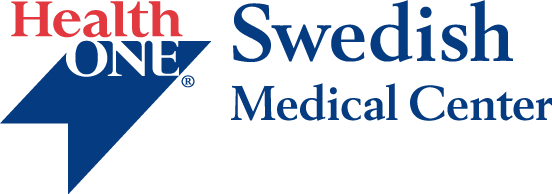

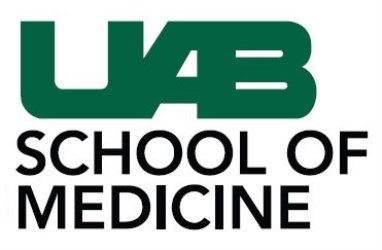

















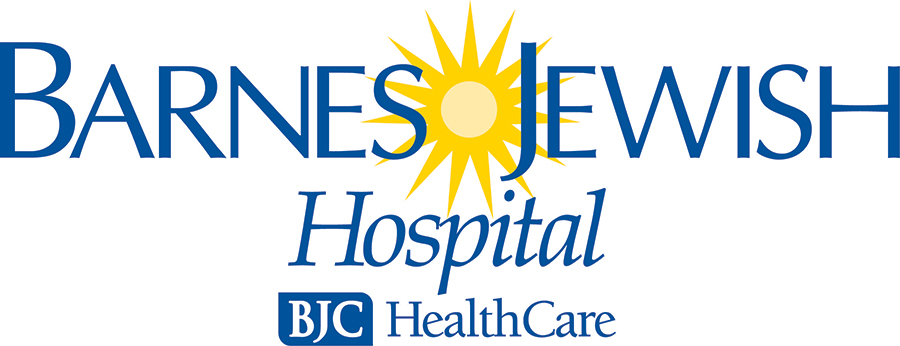



ABS Volunteers
Councils, Working Groups, and Task Forces
There were two councils and five working groups responsible for the development and implementation of the general surgery EPAs:
- EPA Advisory Council
- EPA Scope Council
- EPA Revision Working Group
- EPA Best Practices Working Group
- EPA Writing Group
- EPA Development Task Force
- EPA Technology Task Force
Some, but not all, of these groups have also been established for each additional ABS specialty area.
All of the working groups include resident members who provide valuable insight and recommendations from the trainees’ perspective.
GENERAL SURGERY
General Surgery ABS EPA Project Volunteers
EPA Advisory Council
- George Sarosi, M.D. – Chair
- John Mellinger, M.D. – Chair
- Karen Brasel M.D.
- Jo Buyske, M.D.
- Daniel Dent, M.D.
- Jan Franko M.D.
- Eric Holmboe, M.D.
- Mary Klingensmith, M.D.
- Brenessa Lindeman, M.D.
- Jeffrey Matthews, M.D.
- Sarkis Meterissian, M.D.
- Rebecca Minter, M.D.
- Valentine Nfonsam, M.D.
- Gurjit Sandhu, Ph.D.
EPA Scope Council
- George Sarosi, M.D. – Chair
- John Mellinger, M.D. – Chair
- Russell Berman, M.D.
- Karen Brasel, M.D.
- Constance Cashin, M.D.
- Marcie Feinman, M.D.
- Liane Feldman, M.D.
- Amy Hildreth, M.D.
- Thomas Huber, M.D.
- Ben Jarman, M.D.
- D. Rohan Jeyarajah, M.D.
- Mary Klingensmith, M.D.
- Harry Papaconstantinou, M.D.
- Aurora Pryor, M.D.
- Pramod Puligandla, M.D.
- Allison Robinson, M.D.
EPA Revision Working Group
- Brenessa Lindeman, M.D. – Chair
- Jennifer Choi, M.D.
- Don Hess, M.D.
- James Korndorffer, Jr., M.D.
- Kelsey Montgomery, M.D.
- Mayur Narayan, M.D.
- Stephanie Nitzschke, M.D.
- Brian Shames, M.D.
Resident Members
- Justine Broecker, M.D.
- Taylor Coe, M.D.
EPA Best Practices Working Group
- Jacob Greenberg, M.D. – Chair
- Mackenzie Cook, M.D.
- Nicole Garcia, M.D.
- Jason Johnson, D.O.
- Brianne Nickel, M.A., C-TAGME
- V. Prasad Poola, M.D.
- Rabih Salloum, M.D.
- Laura Torbeck, Ph.D.
Resident Members
- Kyle Cassling, M.D.
- Amy Holmstrom, M.D.
- Christina Theodorou, M.D.
- Erin White, M.D., MBS
- Rebecca L. Williams, M.D., Ph.D.
EPA Technology Working Group
- Mark Hickey – Chair
- Carol Barry, Ph.D.
- David Borgstrom, M.D.
- Ashley Counts, M.H.A.
- Brian George, M.D.
- Christopher Stahl, M.D.
- Tiffany Tanner M.D.
- May Tee, M.D.
Resident Members
- Andrew Esposito, M.D.
- Kristin Jogerst, M.D.
- Kelsey Koch, M.D.
EPA Faculty/Resident Development Task Force
Leads
- Jake Greenberg, M.D.
- Joshua Mammen, M.D.
- Gurjit Sandhu, M.D.
Members
- Phoenix Chen, M.D.
- Jan Franko, M.D.
- Nicole Garcia, M.D.
- Eric Holmboe, M.D.
- Amy Holmstrom, M.D.
- Jason Johnson, M.D.
- Rebecca Karnesky-Williams, M.D.
- Meghana Kashyap, M.D.
- Brianne Nickel, M.A., C-TAGME
- Ada Okafor, Esq.
- Nell Patel, M.D.
- V. Prasad Poola, M.D.
- George Sarosi, M.D.
- Chris Stahl, M.D.
- Sue Steinemann, M.D.
- Erin White, M.D.
EPA Writing Group
Facilitators
- Karen Brasel, M.D.
- Brenessa Lindeman, M.D.
- Rebecca Minter, M.D.
- George Sarosi, M.D.
Writers
- Cary Aarons, M.D.
- Dirir Abdullahi, M.D.
- Maria Altieri, M.D.
- John Ammori, M.D.
- Kristina Booth, M.D.
- Clarence Clark, M.D.
- Kathryn Coan, M.D.
- Taylor Coe, M.D.
- Brian Davis, M.D.
- Danielle Ellis, M.D.
- Jennifer Fieber, M.D.
- Donald Hess, M.D.
- Amy Holmstrom, M.D.
- Kshama Jaiswal, M.D.
- Krista Kaups, M.D.
- Lawrence Kim, M.D.
- Samantha Knight, M.D.
- James Korndorffer, M.D.
- Steven Lee, M.D.
- Jeremy Lipman, M.D.
- Ahmed Mahmoud, M.D.
- Heath Many, M.D.
- Bradford Mitchell, M.D.
- Kelsey Montgomery, M.D.
- Mayur Narayan, M.D.
- Keith Ozaki, M.D.
- Luise Pernar, M.D.
- Brian Shames, M.D.
- Thomas Shin, M.D.
- Danny Takanishi, M.D.
- Sanda Tan, M.D.
VASCULAR SURGERY
Vascular Surgery ABS EPA Project Volunteers
EPA Advisory Council
- Christopher J. Abularrage, M.D.
- Bernadette Aulivola, M.D.
- Faisal Aziz, M.D.
- Kellie Brown, M.D.
- Rabih A. Chaer, M.D.
- Dawn Coleman, M.D.
- Yana Etkin, M.D.
- Thomas Huber, M.D.
- Jeffrey Jim, M.D.
- Jason T. Lee, M.D.
- Erica Mitchell, M.D.
- Raghu L. Motaganahalli, M.D.
- Benjamin Pearce, M.D.
- David A. Rigberg, M.D.
- Andres Schanzer, M.D.
- Murray Shames, M.D.
- Malachi Sheahan, M.D.
- Brigitte Smith, M.D., MHPE
- Gabriela Velazquez, M.D.
- Libby Weaver, M.D.
EPA Faculty/Resident Development Task Force
Leads
- Yana Etkin, M.D.
- Michael Soult, M.D.
EPA Writing Group
- Frank Caputo, M.D.
- Jonathan Cardella, M.D.
- Dawn Coleman, M.D.
- Allan Conway, M.D.
- Paul DiMusto, M.D.
- Yana Etkin, M.D.
- Benjamin Jacobs, M.D.
- Jeffrey Jim, M.D.
- Jason T. Lee, M.D.
- Nathan Liang, M.D.
- Kristyn Mannoia, M.D.
- Raghu L. Motaganahalli, M.D.
- Albeir Mousa, M.D.
- Mary Ottinger, M.D.
- Josh Radtka, M.D.
- David A. Rigberg, M.D.
- Ulka Sachdev, M.D.
- Michael Soult, M.D.
- Natalie Sridharan, M.D.
- Sunita Srivastava, M.D.
- Danielle Sutzko, M.D.
- Jonathan Thompson, M.D.
- Gabriela Velazquez, M.D.
- Libby Weaver, M.D.
PEDIATRIC SURGERY
Pediatric Surgery ABS EPA Project Volunteers
EPA Scope Council
- Meghan Arnold, M.D.
- Robert Baird, M.D.
- Robert Cina, M.D.
- Brad Feltis, M.D.
- James Gilbert, M.D.
- Ihab Halaweish, M.D.
- Colin Knight, M.D.
- Steven Lee, M.D.
- Harold Lovvorn, M.D.
- Grace Mak, M.D.
- Ben Nwomeh, M.D.
- Pramod Puligandla, M.D.
- Kristy Rialon, M.D.
- Caitlyn Smith, M.D.
- Sarah Walker, M.D.
EPA Writing Group
- Samantha Ahle, M.D.
- Kanika Bowen-Jallow, M.D.
- Brian Bucher, M.D.
- Sathyaprasad Burjonrappa, M.D.
- Jason Fraser, M.D.
- Samir Gadepalli, M.D.
- Gerald Gollin, M.D.
- Raquel Gonzalez, M.D.
- Christa Grant, M.D.
- Romeo C. Ignacio, Jr., M.D.
- Patrick Javid, M.D.
- Alan Ladd, M.D.
- Anwar Martinez-Abdul-Hadi, M.D.
- Evan Nadler, M.D.
- Ann O’Connor, M.D.
- Mercedes Pilkington, M.D.
- Ravi Radhakrishnan, M.D.
- Stefan Scholz, M.D.
- Scott S. Short, M.D.
- Ronnie Sullins, M.D.
SURGICAL CRITICAL CARE
Surgical Critical Care ABS EPA Project Volunteers
EPA Reactor Panel
- Lourdes Castenon, M.D.
- Christine Cocanour, M.D.
- Rajan Gupta, M.D.
- Daniel Haase, M.D.
- James Harrington, M.D.
- Jennifer L. Hartwell, M.D.
- Gregory J Jurkovich, M.D.
- Kumash Patel, M.D.
- Carol Schermer, M.D.
- Esther Teo, M.D.
- Robert J. Winchell, M.D.
EPA Writing Group
Leads
- Amy Hildreth, M.D.
- Krista Kaups, M.D.
- Deborah M. Stein, M.D.
Members
- John V. Agapian, M.D.
- Alia Aunchman, M.D.
- Stephanie Bonne, M.D.
- Saskya Byerly, M.D.
- Choyin Yvonne Chung, M.D.
- Stacy L. Coulthard, M.D.
- Ihab Elhassan, M.D.
- Rondi Beth Gelbard, M.D.
- Mira Ghneim, M.D.
- Sriharsha Gummadi, M.D.
- Diane Haddad, M.D.
- Jason Hoth, M.D.
- Obeid Ilahi, M.D.
- Randeep Jawa, M.D.
- Hee Soo Jung, M.D.
- Jordan M. Kirsch, M.D.
- Whitney Taylor Martin, M.D.
- Mayur Narayan, M.D.
- Eden Nohra, M.D.
- Patience Ofori-Darkwa, M.D.
- Joseph Posluszny, M.D.
- Anamaria Robles, M.D.
- Stephanie Scott, M.D.
- Anaar Siletz, M.D.
- Sawyer Smith, M.D.
- Jill Streams, M.D.
- Stephanie Streit, M.D.
- John Tierney, M.D.
- Charles R. Vasquez, M.D.
- Cassandra White, M.D.
Complex General Surgical Oncology
Complex General Surgical Oncology (CGSO) ABS EPA Project Volunteers
EPA Scope Council
- Georgia Beasley, M.D.
- Brian Bednarski, M.D.
- Carlo Contreras, M.D.
- Bridget Fahy, M.D.
- Benjamin Ferguson, M.D.
- Martin Fleming, M.D.
- Fabian Johnston, M.D., M.H.Sc.
- Natalie Joseph, M.D.
- Lawrence Kim, M.D.
- Elliot Mitmaker, M.D.
- David Ollila, M.D.
- Sanjay Reddy, M.D.
- Maria Russell, M.D.
- Linwah Yip, M.D.
EPA Writing Group
Facilitator
- Kshama R. Jaiswal, M.D.
Writers
- Nirupama Anne, M.D.
- Elliott Asare, M.D.
- Cherif Boutros, M.D.
- Annmarie Butare, M.D.
- David Caba Molina M.D.
- Praveen Dilip Chatani M.D.
- James De Andrade M.D.
- Lucy De La Cruz M.D.
- Paxton Dickson, M.D.
- Bridget Fahy, M.D.
- Sarah Fisher, M.D.
- Paul H. Graham. M.D.
- Young Hong, M.D.
- Kristen Jogerst, M.D.
- Rachel Joung, M.D.
- Alan Kadison, M.D.
- Kameko M. Karasaki M.D.
- Rhami Khorfan, M.D.
- Larry Kim, M.D.
- Amy Li, M.D.
- Heather Lillemoe, M.D.
- Mecker G. Möller M.D.
- Gabe Ologun, M.D.
- Melanie Ongchin, M.D.
- Ali Raza, M.D.
- Neil Saunders, M.D.
- Roberto J. Vidri Alonso-Rochi, M.D.
- Jennifer Whittington, M.D.
- Leah Winer, M.D.
Get Involved
Interested in getting involved with the ABS EPA Project? Become an EPA Program Champion!
